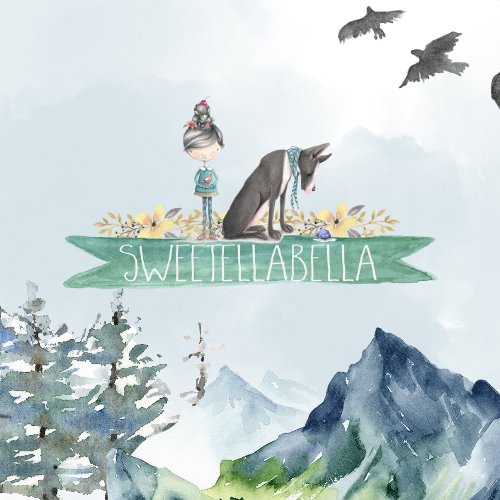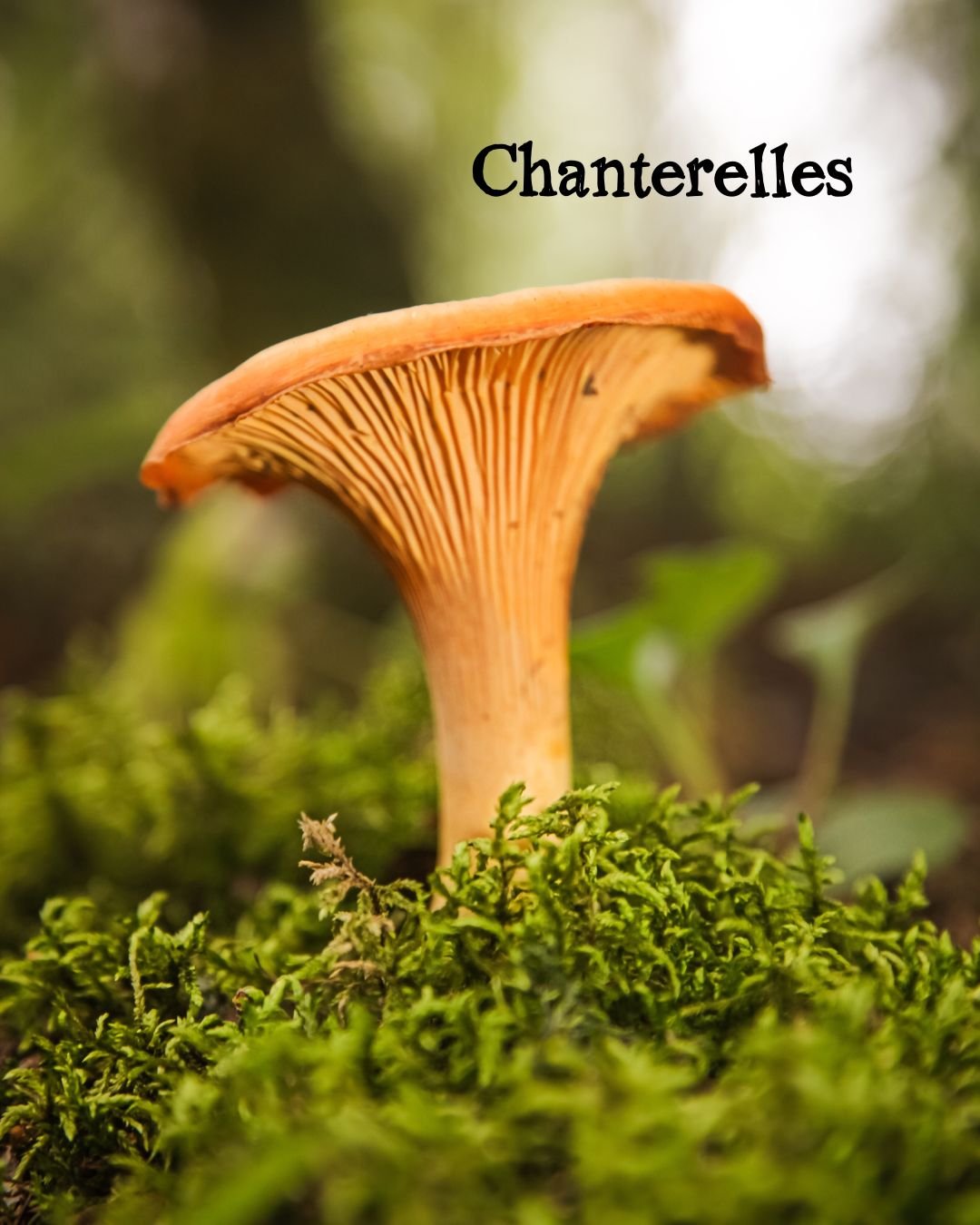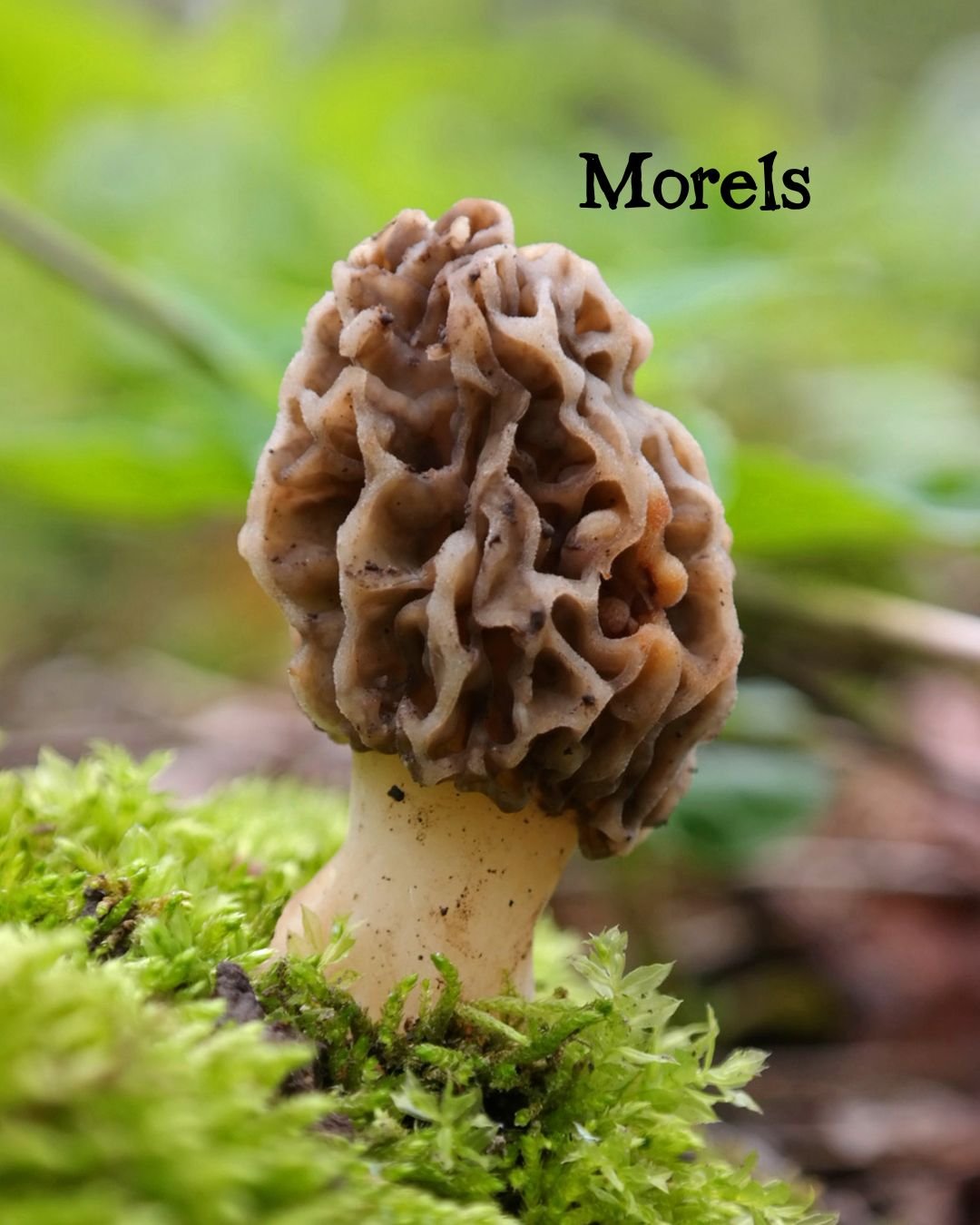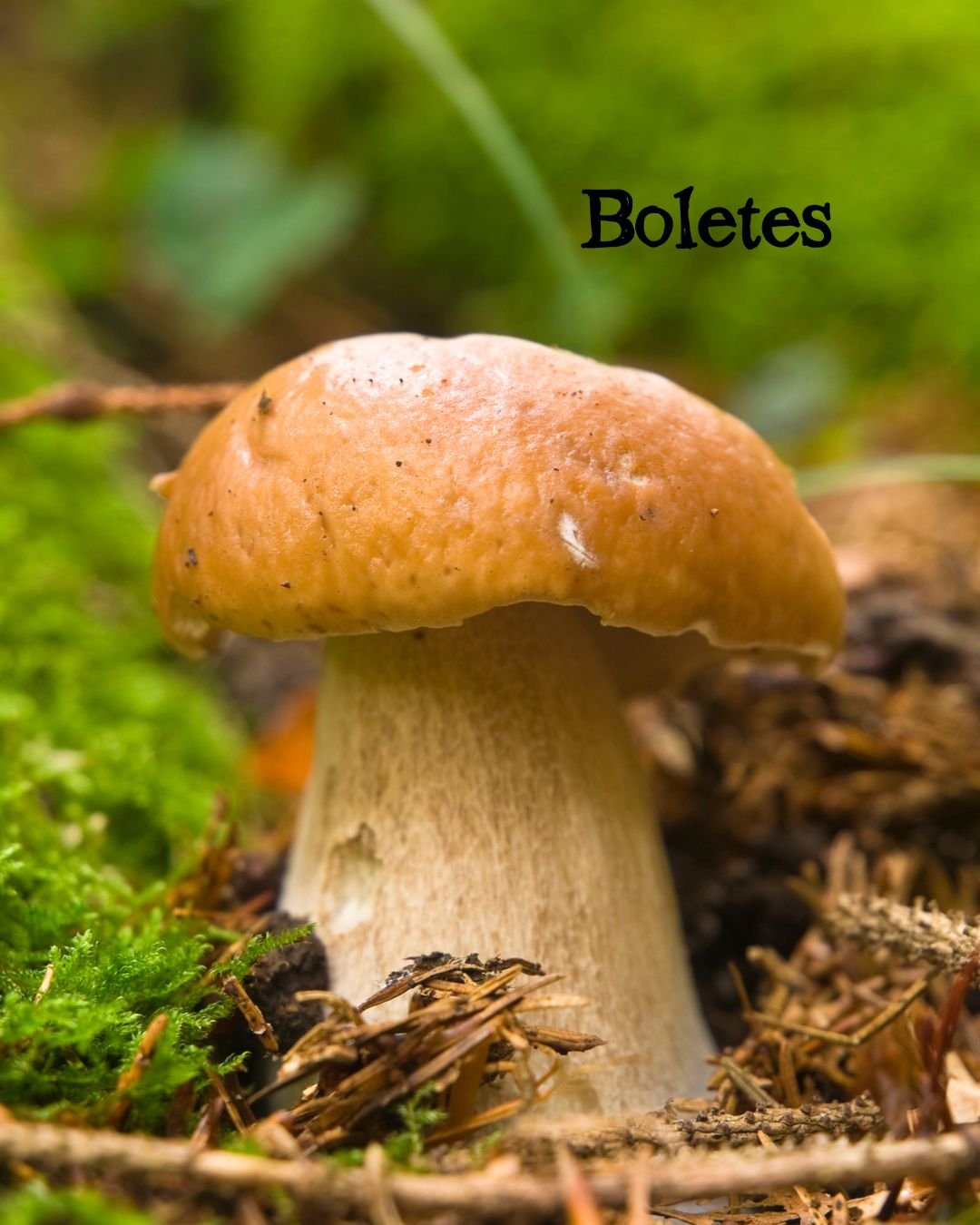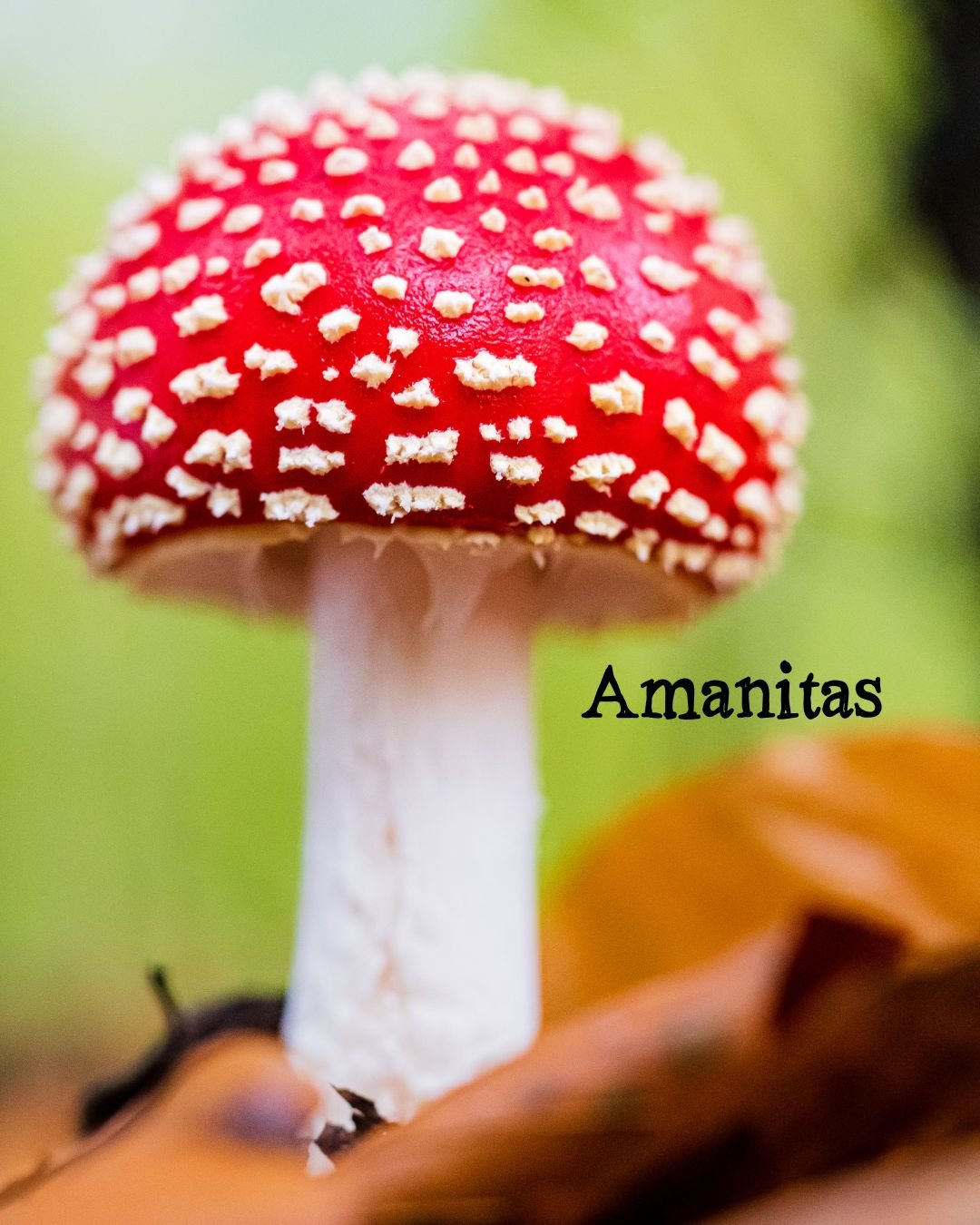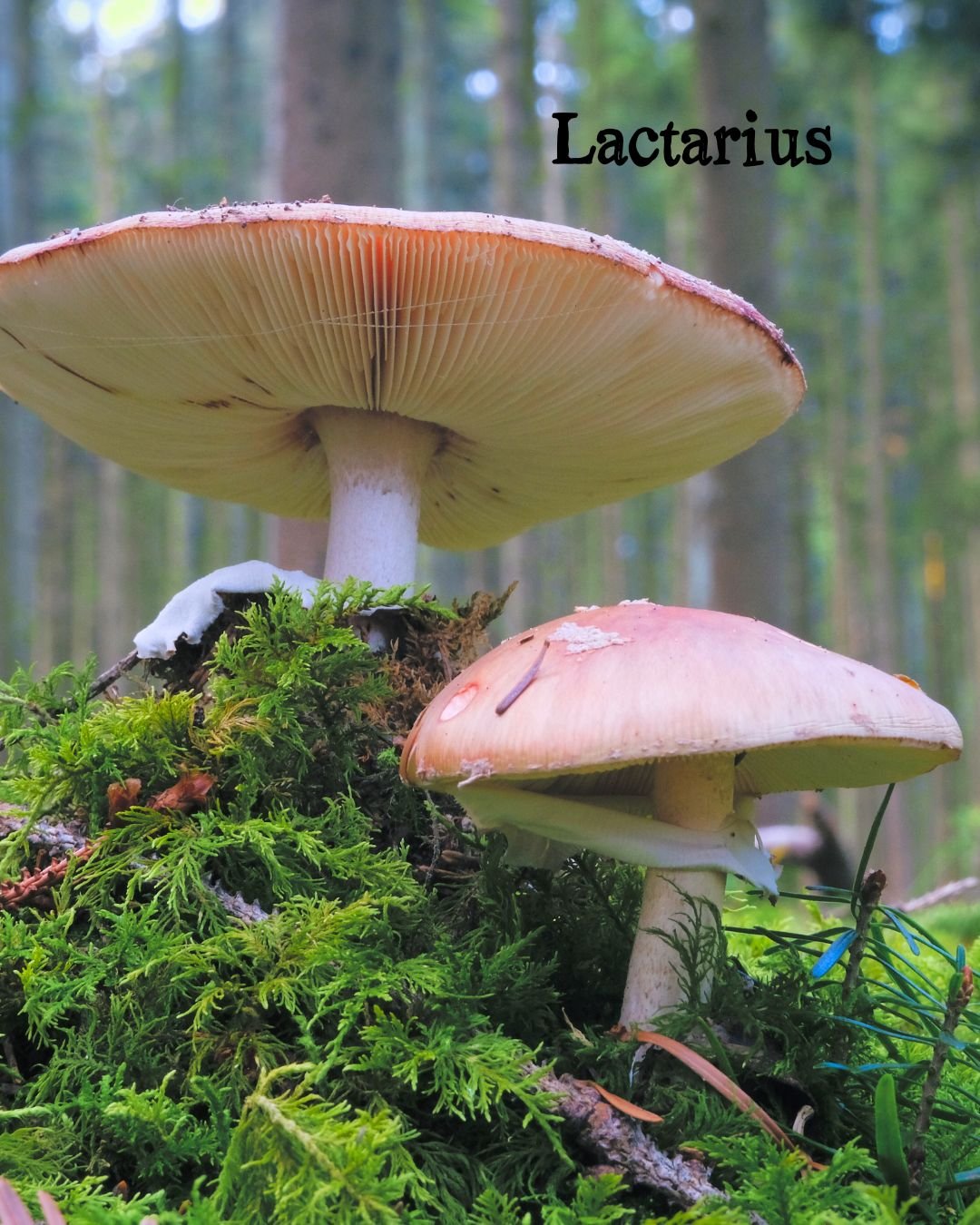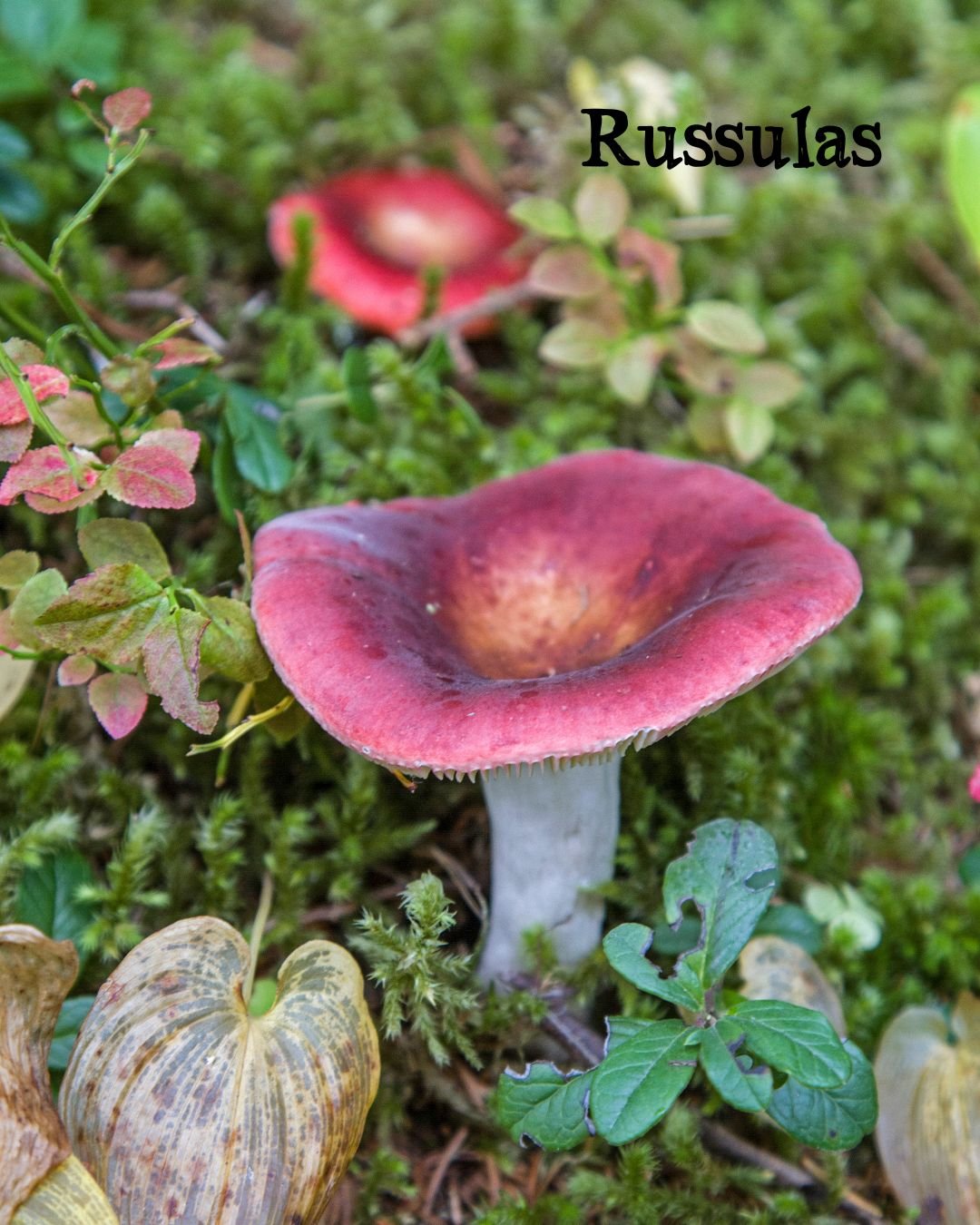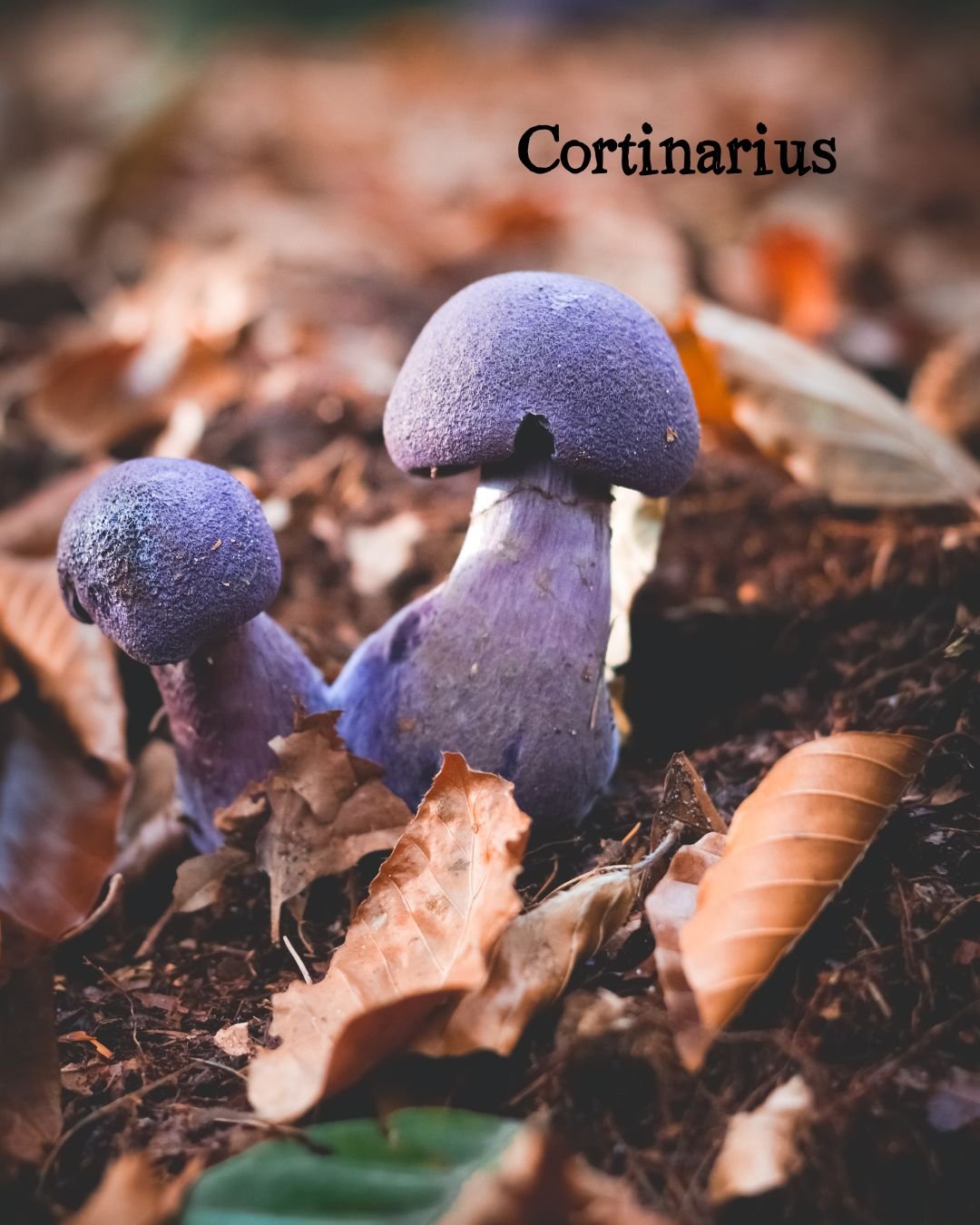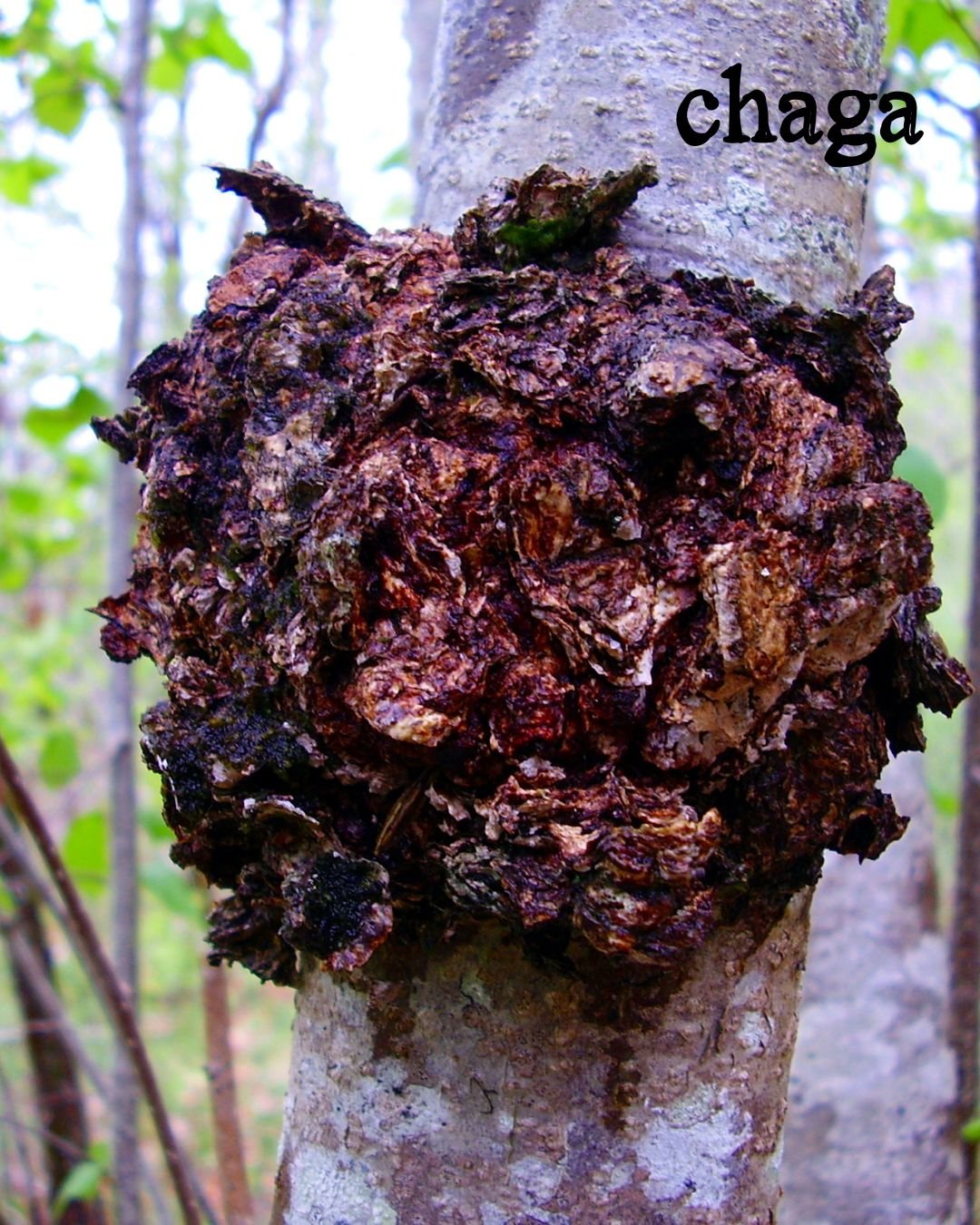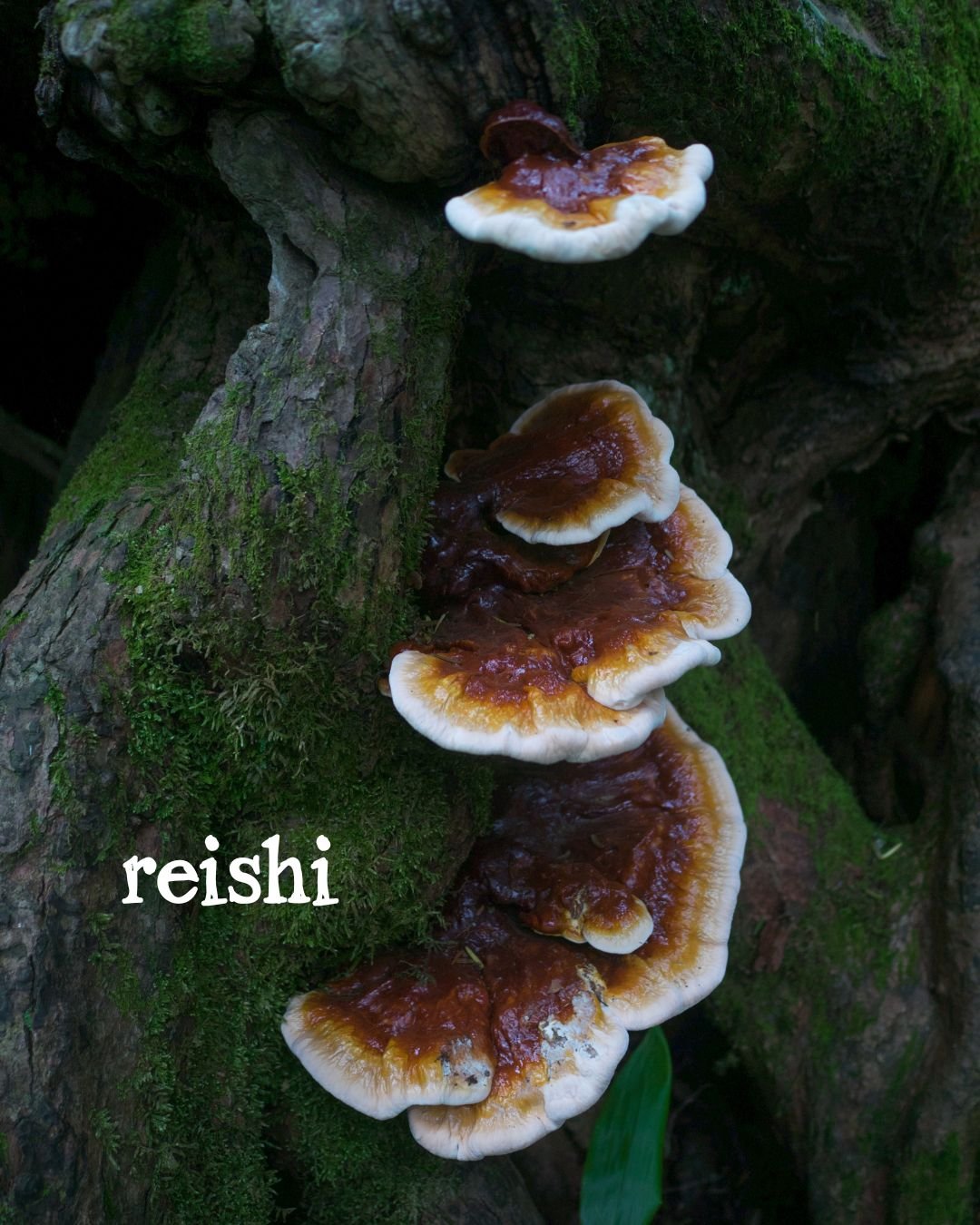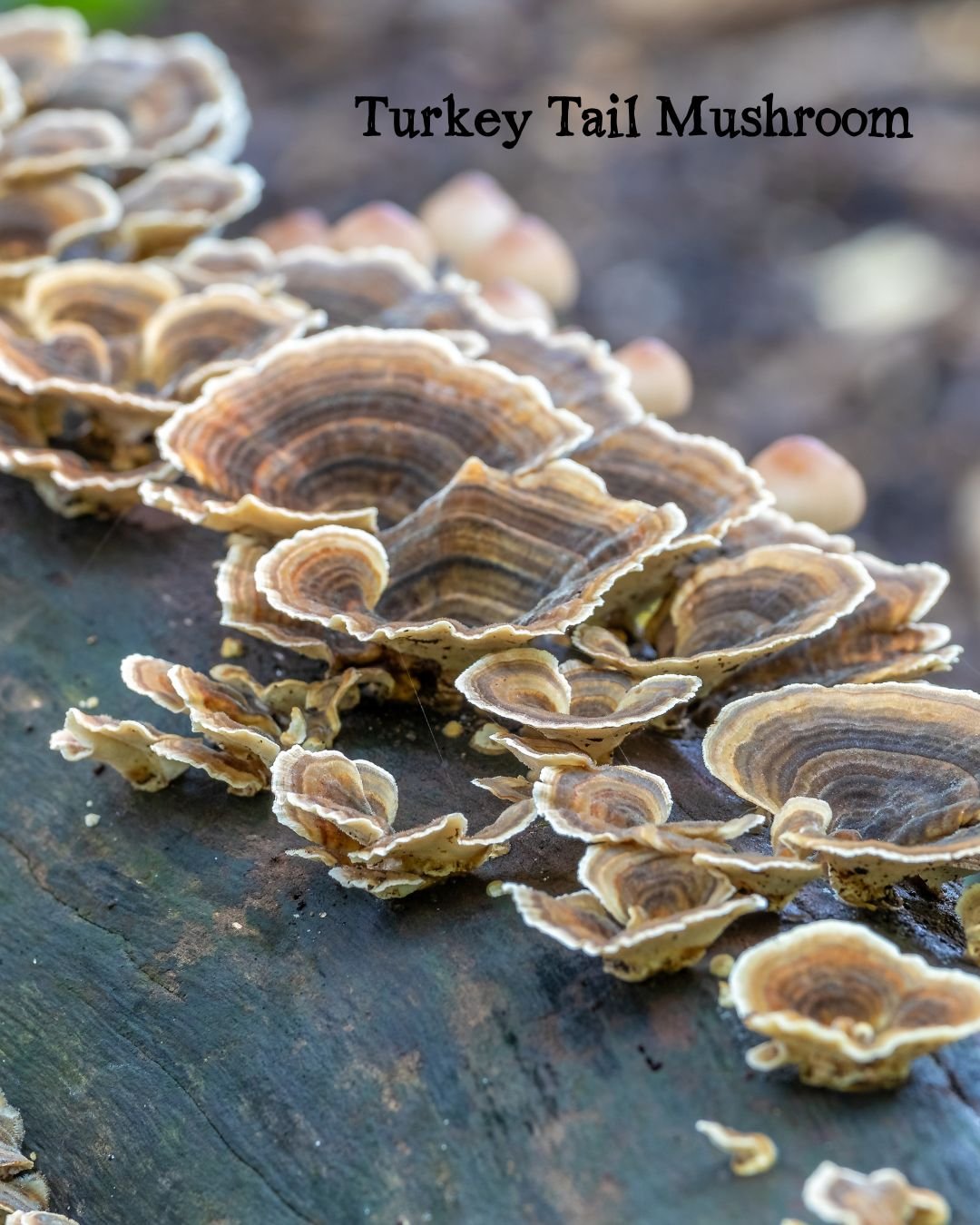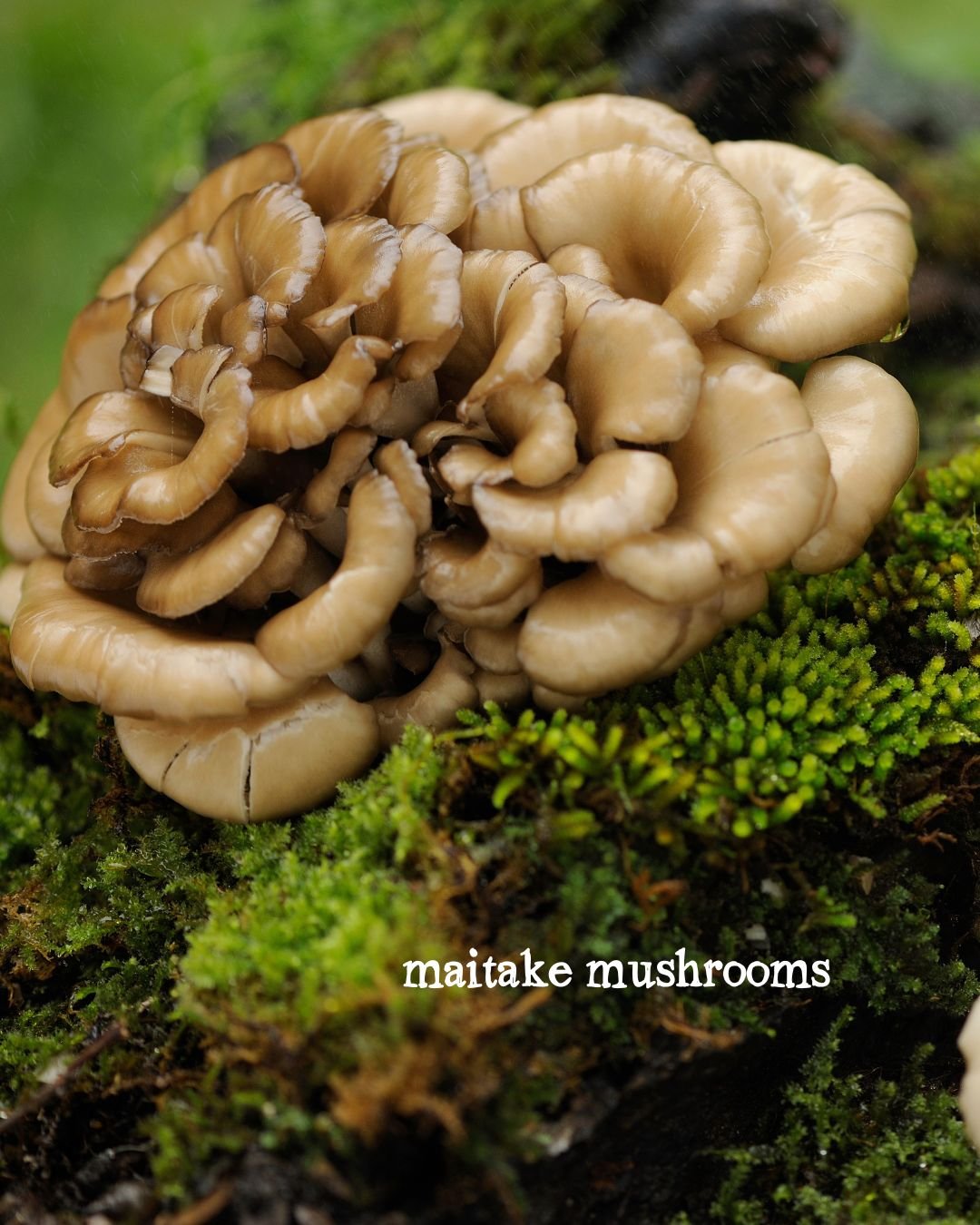The Magical World of Mushrooms: Discovering the Wonders of Earth's Fungal Kingdom
For thousands of years, mushrooms have captivated and mystified people around the world with their unique appearance and mystical properties. From their use in traditional medicine to their role in spiritual practices, mushrooms have been a prominent symbol throughout human history. Beyond their cultural significance, mushrooms also play a critical ecological role, breaking down decaying matter and contributing to the health of our planet.
It is estimated that there are around 140,000 known species of mushrooms in the world, but this number is constantly changing as new species are discovered and classified.
It is important to note that not all mushrooms found in forests are safe to eat, and some can be deadly poisonous. If you are not an experienced mushroom hunter, it is best to err on the side of caution and only eat mushrooms that have been positively identified by an expert.
There are many different types of mushrooms that can be found in forests around the world, but some of the most commonly encountered types include:
Chanterelles - these are prized edible mushrooms with a distinctive trumpet shape and golden-yellow color.
Morels - these are another highly sought-after edible mushroom that have a distinctive honeycomb-like cap.
Boletes - these are a type of mushroom with a thick, meaty stem and a cap that is often covered in a network of pores instead of gills.
Amanitas - these are a group of mushrooms that includes both deadly poisonous species as well as some edible species. They are characterized by their distinctive cap shape and the presence of a ring around the stem.
Russulas - these are a colorful group of mushrooms that can be found in a range of bright hues, including red, orange, and yellow.
Lactarius - these are a group of mushrooms that are known for producing a milky liquid when cut or broken. They are often found growing near trees, particularly birch and pine.
Cortinarius - these are a large and diverse group of mushrooms that can be found in a wide range of habitats, from forests to grasslands. Many species produce distinctive rust-colored spores.
Mushroom Symbolism
Mushrooms have held deep symbolic meaning in many cultures throughout history. In some cultures, they are associated with spiritual or mystical experiences, and are often seen as a bridge between the physical world and the spirit realm. Mushrooms have also been associated with fertility, growth, and transformation, due to their ability to rapidly grow and spread in a variety of environments. In addition, mushrooms are often seen as a symbol of the cyclical nature of life, as they emerge from the ground in a burst of growth, mature and produce spores, and then decay and return to the earth to nourish new growth. Some cultures also associate mushrooms with luck or good fortune, while in others they are viewed as a sign of danger or warning, due to the presence of poisonous species. Overall, the symbolism of mushrooms is complex and multifaceted, reflecting the diversity and mystery of these fascinating organisms.
Mushrooms and Spirituality
Mushrooms have been used in spiritual practice for centuries, particularly by indigenous cultures in various parts of the world. The most well-known example is perhaps the use of psilocybin mushrooms by indigenous peoples in Mesoamerica, which has been documented as far back as 1,000 BCE. These mushrooms were used in shamanic rituals to induce altered states of consciousness and connect with the spirit world.
Mushrooms And Healing
Immune system support: Many mushrooms are known for their immune-enhancing properties. For example, shiitake mushrooms contain beta-glucans, which can help stimulate the immune system and protect against infection.
Anti-inflammatory effects: Some mushrooms, such as reishi and chaga, have potent anti-inflammatory properties, which can help reduce inflammation and promote healing in the body.
Anti-cancer effects: Certain mushrooms, such as maitake and turkey tail, have been studied for their potential anti-cancer properties. These mushrooms contain compounds that can help inhibit the growth and spread of cancer cells.
Digestive support: Some mushrooms, such as lion's mane, have been shown to have a protective effect on the digestive system, and may help improve digestion and reduce inflammation in the gut.
Overall, the healing properties of mushrooms are diverse and varied, and are still being explored by modern science. Mushrooms can be consumed as food, taken as supplements, or used topically in various forms to support health and well-being. However, it's important to note that not all mushrooms are safe for consumption, and some can be toxic or cause allergic reactions. It's always best to consult with a healthcare practitioner before using mushrooms for healing purposes.
Mushrooms have been an important part of human culture and medicine for thousands of years. From their use in spiritual practices to their healing properties, mushrooms have held a significant place in the human experience. Different cultures around the world have their own unique beliefs and practices related to mushrooms, with some seeing them as a symbol of fertility, transformation, and the cyclical nature of life. Others have used mushrooms for their medicinal properties to support physical and spiritual health. While the healing properties of mushrooms are still being explored, it's important to approach their use with caution, as some mushrooms can be toxic or cause adverse reactions. Nonetheless, the diverse and varied benefits of mushrooms make them a fascinating area of study for scientists and a fascinating part of human culture.
Thank you for reading along!
Nicole
